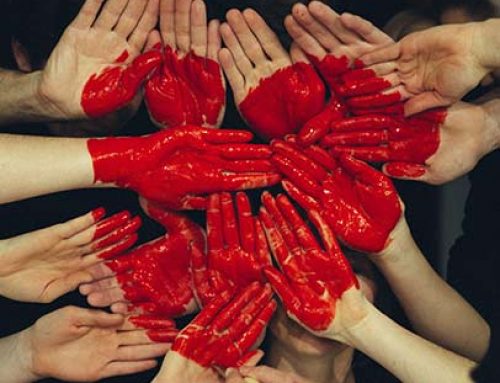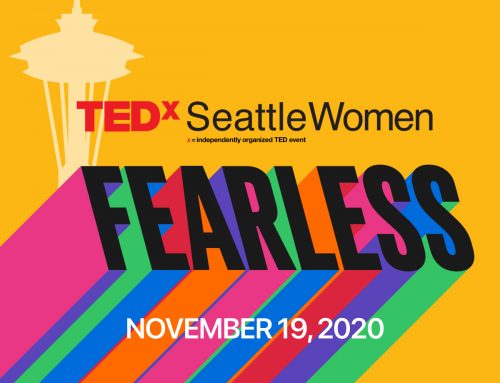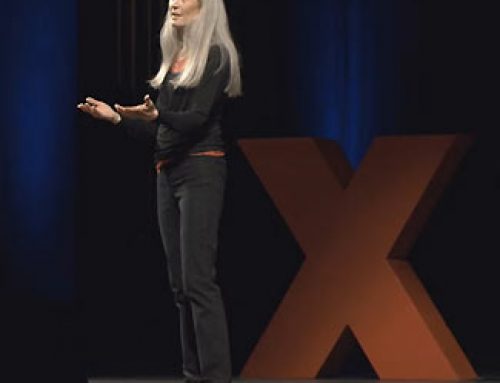 One of my first “ah-ha” experiences while learning Nonviolent Communication was when I understood the differentiation between universal needs and strategies to meet needs. There are multiple strategies to meet any particular need. Desperation tends to emerge when we confuse strategies and needs, when only one strategy is seen or attachment to one strategy is very strong. Freedom and flexibility bring relief when I’m clear there are many strategies to meet needs. I can then continue searching for new strategies when a chosen strategy doesn’t work out.
One of my first “ah-ha” experiences while learning Nonviolent Communication was when I understood the differentiation between universal needs and strategies to meet needs. There are multiple strategies to meet any particular need. Desperation tends to emerge when we confuse strategies and needs, when only one strategy is seen or attachment to one strategy is very strong. Freedom and flexibility bring relief when I’m clear there are many strategies to meet needs. I can then continue searching for new strategies when a chosen strategy doesn’t work out.
Conflicts don’t occur at the level of needs. We all share them, thrive on them, and value them. Conflicts happen over the strategies we choose to meet needs. I may want a very different strategy than you want to get needs met, or I may be telling myself there is only one strategy even if it meets some needs at the expense of others.
Money Isn’t Your Need
Money is a strategy, not a need. It can be a very useful and convenient strategy to meet needs for food, shelter, comfort, relaxation, learning, support, ease, fun, contribution, self-expression, beauty and community. Sometimes money is an effective strategy to meet needs; sometimes it is not. To gain more awareness around the role money plays in your life, write down 10 things you regularly spend money on. Then go back and list what needs are being met by the things you buy or invest in. Are there needs that could be met by strategies other than money? List all the strategies you can think of. Are there any strategies that would work better than money? For example, are there needs for comfort, mutuality, community, and connection that might be better met by a different strategy? Do you have needs you are currently not spending money on to meet that could be met more effectively by investing money there? Notice how you feel as you are going through this process. Is there some relief around having more options and choice to meet needs than you were aware of before? Keep working the exercise, peeling back the layers on more of your purchases. You just might be amazed at what shows itself behind your strategies with money.
Notice Your Thoughts and Translate The Needs Behind Them
Another exercise to increase your awareness around money is to notice what thoughts you have in relation to it. How we think about money determines how much power we give to it. Do you have a set of “shoulds” around how to use money (I shouldn’t buy this, I should give more of it away, I should save more, I can’t afford that, I can’t survive on this low of a paycheck, etc.)?
- Write down your thoughts and translate them into the needs behind those thoughts. For example, “I should save more” might be an expression of your value/need for self-care, protecting your resources, or integrity. “I can’t survive on this low of a paycheck” might be an expression of needs for support, mutuality, empathy or to be valued.
- Look at the list of needs and think of creative strategies to meet those needs in ways that don’t only involve money.
When I think of the national debates around how we use our collective money, I yearn for a different conversation than what I often hear. I yearn to hear discussion on how we can meet our needs for safety, health, education, community, caring for life on the planet, and meaning, in ways that tap into the immense creativity we hold as humans. Yes, let our collective money be part of that strategy, but let the wisdom of our head and hearts guide us to all the other resources to which we currently have access.
I don’t “buy” the idea that we can’t have health care for all because there is not enough money. I don’t “buy” the idea that we must limit education because of too little money. I would like us to take back the power we’ve handed over to the concept of money, and get reacquainted with the power we all have to serve Life at every moment through our words, touch, skills, knowledge and actions. I’m confident we would find abundant resources to carry us into a new era where the needs of all are treasured and met through natural giving.


